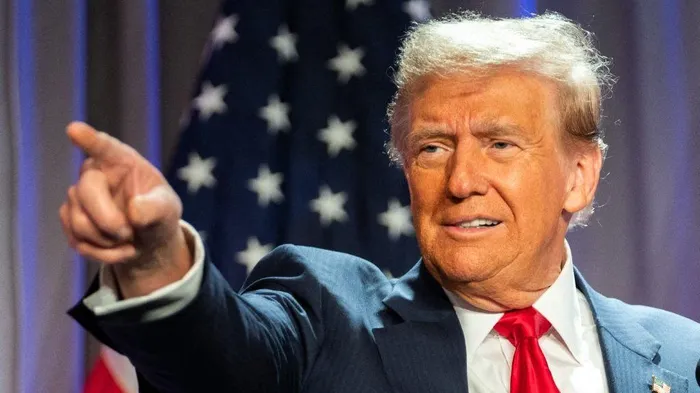Donald Trump prohibits creation of a 'digital dollar' with executive order

Donald Trump's executive order has banned the creation of the Central Bank Digital Currency which is also known as the digital dollar.
Image: Getty Images via AFP
US President Donald Trump issued an executive order on Thursday effectively banning the establishment of a central bank digital currency, in a move long supported by Congressional Republicans.
Trump's order would, he said, protect Americans from the "risks" of central bank digital currencies, or CBDCs, "which threaten the stability of the financial system, individual privacy, and the sovereignty of the United States".
This included the prohibition of "the establishment, issuance, circulation, and use of a CBDC within the jurisdiction of the United States," he added.
CBDCs, also known as "digital dollars" could in theory be issued by the Federal Reserve and be interchangeable with physical dollars, giving the US central bank control over the supply of the virtual currency, and guaranteeing its value.
Former president Joe Biden instructed the Fed to look into the creation of a CBDC, whose supporters note its potential use as a means of bringing people without bank accounts into the US financial system, and in tracing and tackling criminal activity.
But its opponents, which have long included many Republicans in Congress, have criticised CBDCs, arguing that they could threaten people's privacy, and potentially undermine the banking system by reducing people's incentives to bank privately.
The Fed has conducted research on CBDCs but has made clear on multiple occasions that it currently has no plans to put one into circulation.
"People don't need to worry about a central bank digital currency," Fed chair Jerome Powell told the US Senate Banking Committee last year. "Nothing like that is remotely close to happening anytime soon."
AFP
Related Topics: